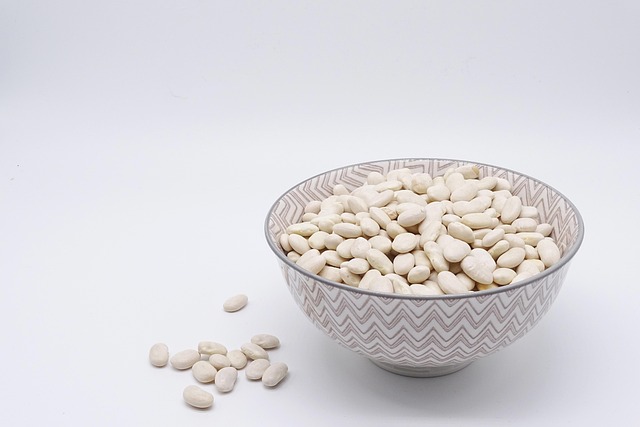Understanding the Regulation of Protein Intake
When it comes to fitness and muscle gains, nutrition plays a pivotal role, and protein is at the forefront of this equation. For those looking to maximize their physical potential, understanding the regulation of protein intake isn’t just a technicality; it’s a game-changer.
Protein serves as the building blocks for muscle recovery and growth, yet many individuals struggle with how much they actually need. The regulation of protein intake hinges on various factors including your body weight, activity level, and individual goals. It’s essential to tailor your protein consumption to your specific needs rather than adhering to one-size-fits-all recommendations.
Assessing Your Needs
Different lifestyles require different protein strategies. For instance, an athlete in the midst of training for a competition will have higher protein demands compared to someone who engages in moderate exercise a few times a week. Generally, the recommended daily allowance for protein is around 0.8 grams per kilogram of body weight, but this may not be sufficient for those looking to build muscle mass.
Those aiming for muscle gain often benefit from increasing their intake to 1.6 to 2.2 grams per kilogram. Trust your body and listen to its signals—if you’re recovering slowly or feeling fatigued, you may need to adjust your protein intake upwards.
Timing Matters
Another critical aspect of the regulation of protein intake is timing. Consuming protein immediately post-workout can significantly enhance recovery and muscle synthesis. Studies suggest that a protein-rich meal or shake within 30 minutes to two hours after exercising can optimize muscle repair and growth.
Additionally, spreading protein intake throughout the day—aiming for 20-30 grams per meal—can help maintain a steady supply of amino acids in your system, fueling muscle growth and recovery.
Quality Over Quantity
It’s also important to consider the sources of protein. While protein supplements can be convenient, whole food sources should form the backbone of your diet. Foods like chicken, fish, eggs, legumes, and dairy not only provide protein but are also packed with essential nutrients that support overall health.
Plant-based protein sources, for those on vegetarian or vegan diets, should include a variety of legumes, soy products, nuts, and seeds to ensure you’re getting enough essential amino acids for optimal gains.
Stay Hydrated
The regulation of protein intake also goes hand-in-hand with hydration. Your body uses a significant amount of water to metabolize protein, so ensure adequate fluid intake. Staying well-hydrated aids in all aspects of fitness, including muscle recovery and growth.
Ultimately, optimizing your protein intake is about finding what works best for your unique body and goals. By understanding the intricacies of protein regulation, you’ll empower yourself to make informed choices that lead to maximized gains. Remember, this journey requires patience, dedication, and a willingness to adapt as you learn more about what your body truly needs.


